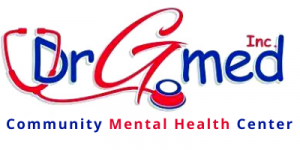- Home
- About Us
- Crisis Line & Resources
-
Our Services
- Psychiatry
- Psycho & Behavioral Therapy
- After School Program
- Special Education Program
- Occupational Therapy
- Physical Therapy
- Respiratory Therapy
- Speech Therapy
- Conditions Treated
- Co-occurring Disorders Treatment
- DOT Certification
- General Medicine
- IQ Testing
- Psychological Evaluation
- SPECIALIZED SERVICES
- Treatment Gambling Addiction
- Hospital Services
- Courses
- Compliance
- Employees
- Blog
- Contact Us
Special Education
Special education (also known as special-needs education, aided education, exceptional education, special ed. , SEN, or SPED) is the practice of educating students to address their differences and special needs. Ideally, this process involves the individually planned and systematically monitored arrangement of teaching procedures, adapted equipment and materials, and accessible settings. These interventions are designed to help individuals with special needs achieve a higher level of personal self-sufficiency and success in school and in their community, which may not be available if the student were only given access to a typical classroom setting.
Special education includes learning disabilities (such as dyslexia), communication disorders, emotional and behavioral disorders (such as ADHD), physical disabilities (such as osteogenesis imperfecta, cerebral palsy, muscular dystrophy, spina bifida, and Friedreich's ataxia), and developmental disabilities (such as autistic spectrum disorders including autism and Asperger syndrome and intellectual disability) and many other disabilities. Students with these kinds of disabilities are likely to benefit from additional educational services such as different approaches to teaching, the use of technology, a specifically adapted teaching area, a resource room, or a separate classroom.
References:
"The Special Education Process Explained". Special Education Guide. 2013. Retrieved 01
June 2019.





